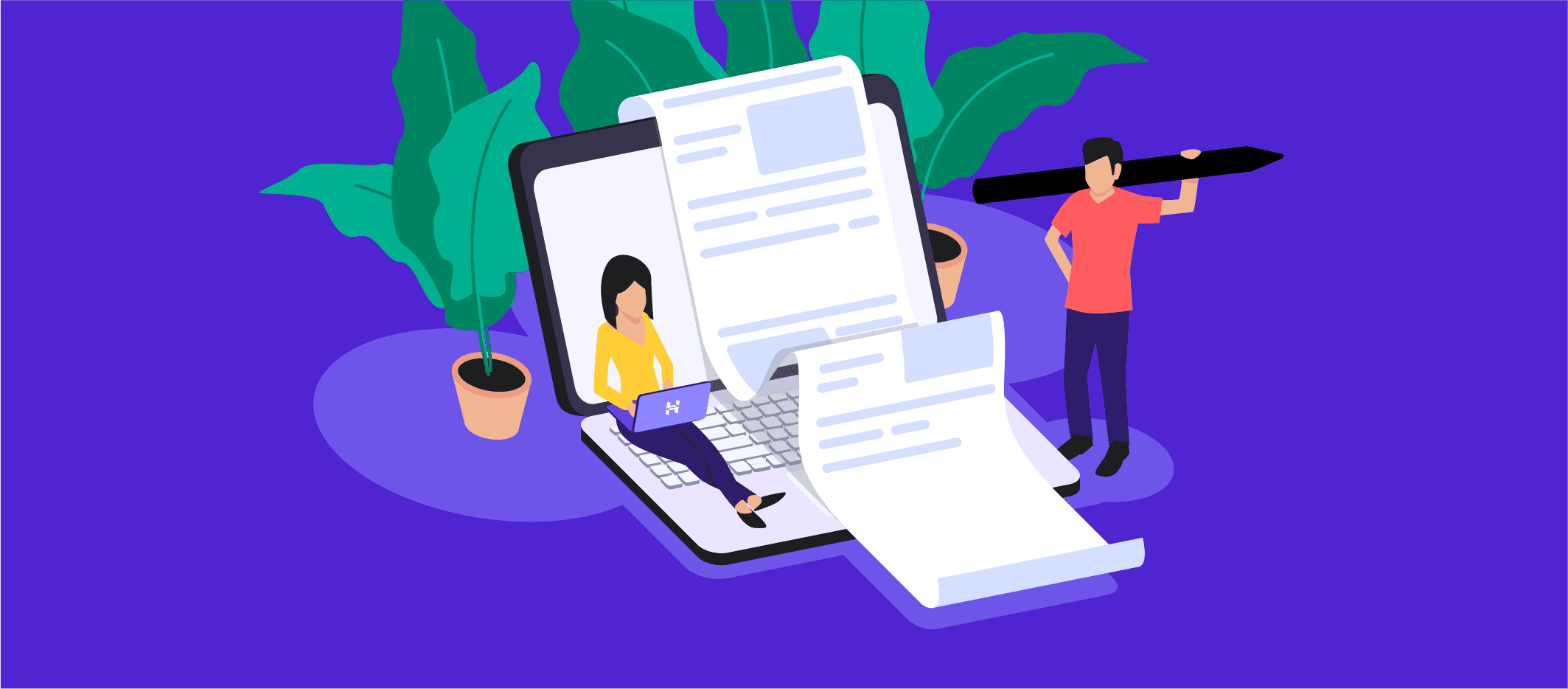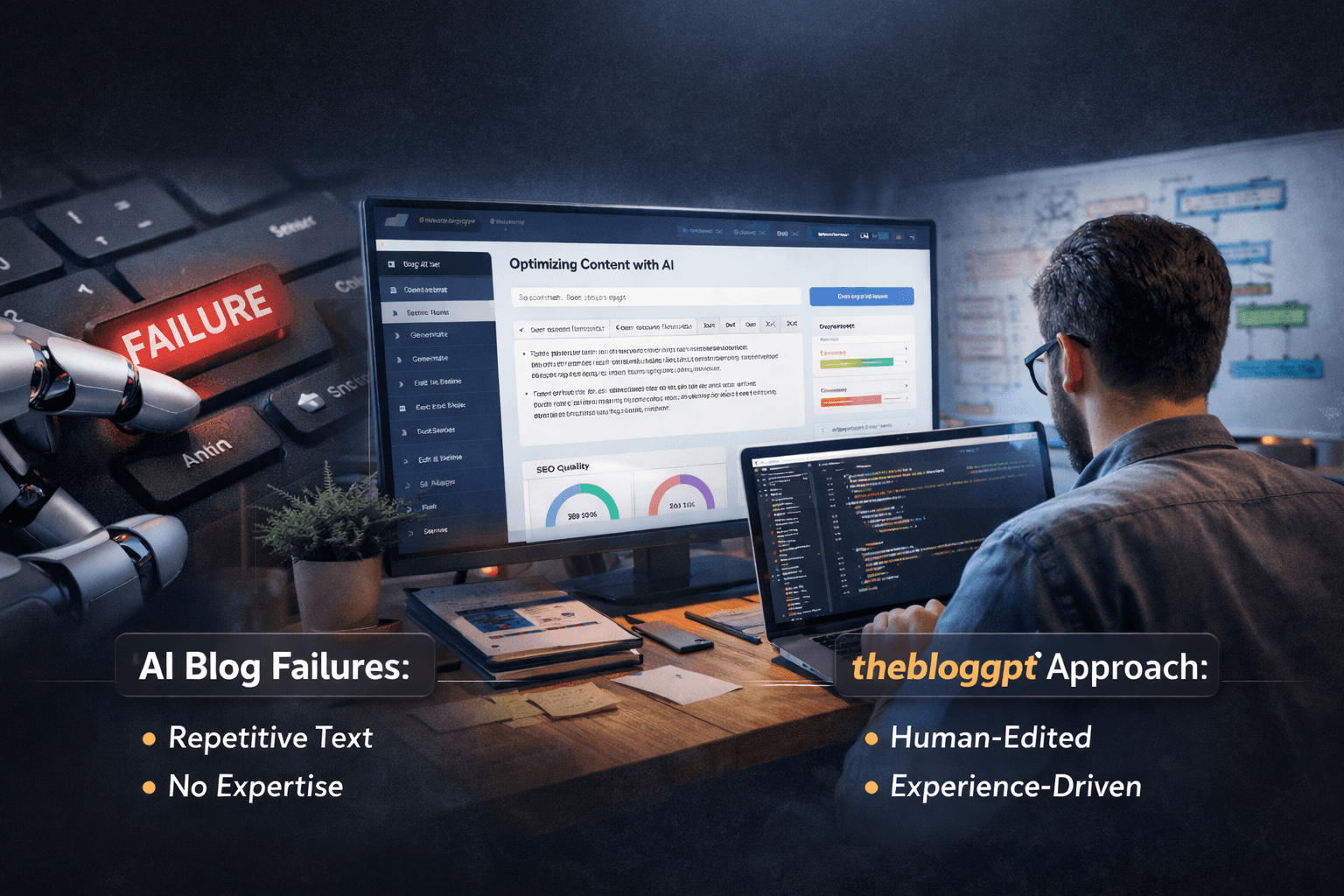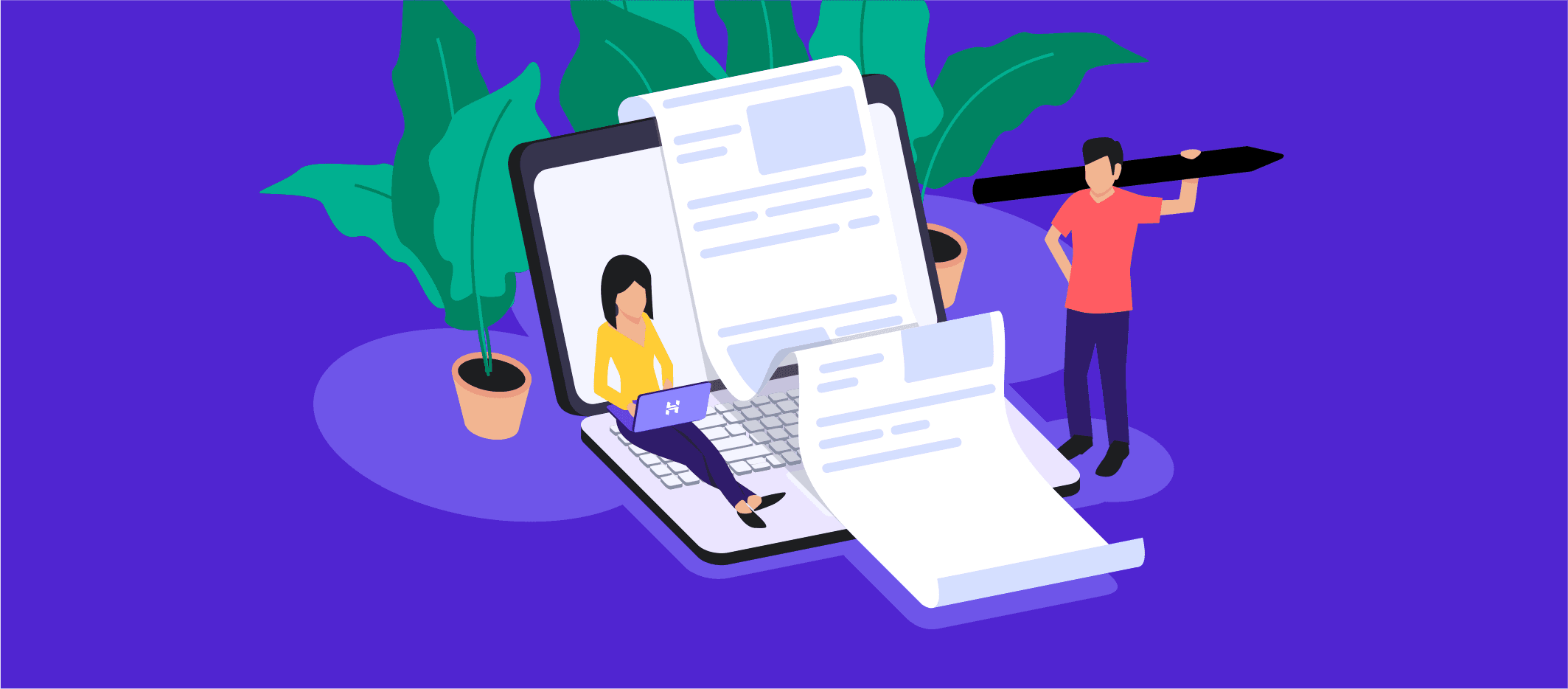The Future is Now: How AI is Quietly Changing Our Daily Lives

Artificial intelligence (AI) is no longer a futuristic fantasy; it's woven into the fabric of our everyday lives, often so seamlessly that we barely notice its presence. From the moment your smartphone wakes you up with a personalized alarm to the evening movie Netflix recommends, AI is quietly working behind the scenes, shaping our experiences and decisions. It’s influencing how we shop, communicate, learn, and even receive healthcare, often in subtle yet powerful ways. Understanding how AI impacts us allows us to harness its benefits and navigate its potential challenges.
The Personalized World: Recommendations and Content Curation
Have you ever wondered how Spotify seems to know exactly the music you're in the mood for? Or how Amazon suggests products you didn't even realize you needed? This is the magic of AI-powered recommendation engines. These systems analyze vast amounts of data, including your browsing history, past purchases, and even your social media activity, to predict your preferences and offer tailored suggestions.
This personalized approach extends beyond shopping and entertainment. News feeds are curated by AI algorithms, filtering articles and stories based on your reading habits. Social media platforms use AI to personalize your feed, showing you content they believe you'll find engaging. While this personalization can be incredibly convenient, it also raises concerns about filter bubbles and echo chambers, potentially limiting our exposure to diverse perspectives.
These systems are constantly learning and refining their recommendations, becoming increasingly accurate over time. This level of personalization creates a highly individualized user experience, catering to our specific tastes and interests.
The Rise of the Virtual Assistants: AI in Your Pocket
Siri, Alexa, and Google Assistant are no longer just novelties; they've become indispensable tools for millions. These virtual assistants, powered by sophisticated natural language processing (NLP) and machine learning algorithms, can answer questions, set reminders, control smart home devices, and even make phone calls, all through voice commands.
The convenience of virtual assistants is undeniable. They simplify daily tasks, providing quick access to information and services. They can also assist individuals with disabilities, offering hands-free control and greater independence. As NLP technology continues to advance, virtual assistants are becoming increasingly adept at understanding complex requests and engaging in natural conversations.
The global market for virtual assistants is booming. According to a report by ResearchAndMarkets.com, the market is projected to reach $55.7 billion by 2028, reflecting the growing integration of these AI-powered companions into our lives.
Smart Homes and the Internet of Things: AI's Domestic Influence
AI is transforming our homes into intelligent spaces. Smart thermostats learn our temperature preferences and adjust automatically, optimizing energy consumption. Smart lighting systems can be controlled remotely and programmed to create specific moods. Refrigerators can track food inventory and suggest recipes based on available ingredients.
The interconnectedness of these smart home devices, often referred to as the Internet of Things (IoT), creates a seamless and automated living experience. AI algorithms analyze data from various sensors and devices to anticipate our needs and optimize home functions. For example, a smart security system can recognize familiar faces and alert you to unusual activity.
While the convenience and efficiency of smart homes are attractive, concerns about data privacy and security remain. As our homes become increasingly connected, it's crucial to prioritize the protection of our personal information.
Revolutionizing Healthcare: AI's Life-Saving Potential
AI is rapidly transforming the healthcare industry, offering promising solutions for diagnosis, treatment, and drug discovery. AI-powered image analysis tools can detect subtle anomalies in medical images, assisting radiologists in identifying diseases like cancer at earlier stages. Machine learning algorithms are being used to develop personalized treatment plans based on a patient's genetic profile and medical history.
The potential of AI in healthcare extends beyond diagnostics. AI-powered robots are assisting surgeons with complex procedures, enhancing precision and minimizing invasiveness. Virtual assistants are being used to monitor patients remotely, providing timely interventions and reducing hospital readmissions.
According to a report by Accenture, AI applications in healthcare could save the US healthcare system $150 billion annually by 2026. These cost savings, coupled with improved patient outcomes, make AI a powerful force for positive change in the healthcare landscape.
The Future of Work: AI and Automation
AI and automation are reshaping the workplace, automating repetitive tasks and creating new opportunities for human workers. While concerns about job displacement are valid, AI is also creating new roles in areas like data science, AI development, and AI ethics. The future of work will likely involve a collaborative partnership between humans and AI, where humans leverage AI's analytical power to enhance their own skills and creativity.
This shift requires a focus on reskilling and upskilling the workforce to prepare for the changing demands of the job market. Education and training programs that focus on AI-related skills will be essential for ensuring that individuals can thrive in the AI-driven economy. Furthermore, thoughtful policies and regulations are needed to address the potential societal impacts of AI and automation.
The World Economic Forum predicts that by 2025, AI will create 97 million new jobs globally, highlighting the transformative potential of this technology.
Conclusion: Navigating the AI-Infused World
Artificial intelligence is no longer a distant prospect; it’s an integral part of our present, shaping our experiences in profound and often imperceptible ways. From personalized recommendations to life-saving medical diagnoses, AI is transforming industries and revolutionizing the way we live, work, and interact with the world. As AI continues to evolve, it’s crucial to engage in thoughtful discussions about its ethical implications and societal impact. By understanding the power and potential of AI, we can harness its benefits while mitigating its risks, ensuring a future where AI serves humanity's best interests.


